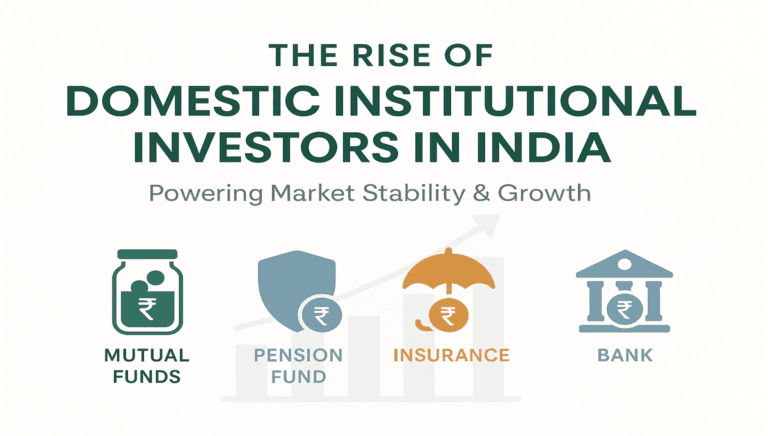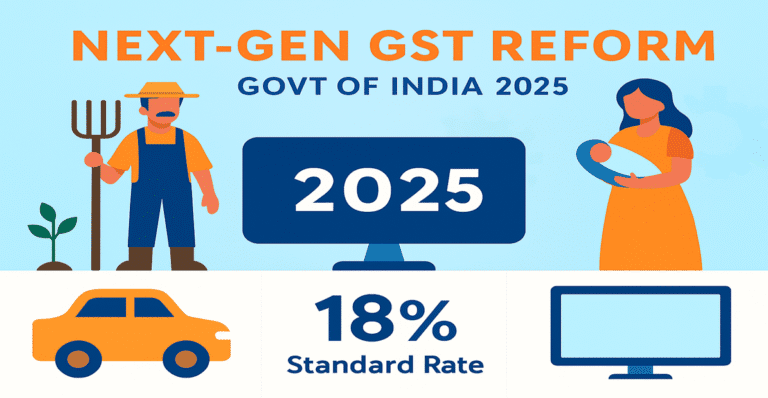Top 10 Financial Mistakes to Avoid in Your 30s Focus
Entering your 30s can feel like you’re finally stepping into adulthood with confidence. By this stage, most people have some work experience, have become more self-reliant, and might even be enjoying a steady income. However, this exciting chapter of life is also a time where many individuals make critical financial mistakes that can have lasting consequences.
This decade is crucial because it’s when your financial habits truly start to solidify. It’s also the time when small, consistent decisions can lead to massive compounding effects both positively and negatively. Whether you’re saving for a home, planning for kids, or simply building your wealth, avoiding financial mistakes in your 30s is essential for achieving long-term financial stability and freedom.
In this comprehensive guide, we’ll explore the top 10 financial mistakes to avoid in your 30s, explain why they happen, how they impact your financial life, and offer practical solutions to steer clear of them. Let’s dive in.

1. Neglecting an Emergency Fund: A Costly Financial Mistake
Life is full of uncertainties job loss, medical emergencies, car repairs. Yet, many people in their 30s continue to live without an emergency fund. This is one of the most common and costly financial mistakes.
Why it’s a mistake: Without a buffer for emergencies, you may be forced to dip into your investments, take high-interest loans, or rely on credit cards setting back your financial progress significantly.
How to fix it:
- Set aside 3 to 6 months of living expenses in a liquid, separate savings account.
- Automate monthly transfers to your emergency fund.
- Avoid touching this fund unless absolutely necessary.
2. Living Beyond Your Means: A Silent Financial Mistake
With an increase in income during your 30s, it’s tempting to upgrade your lifestyle luxury gadgets, travel, dining out, or even a high EMI car.
Why it’s a financial mistake: This lifestyle inflation often leads to overspending and low savings, resulting in a paycheck-to-paycheck existence even with a decent salary.
How to fix it:
- Track your spending to identify unnecessary expenses.
- Follow the 50/30/20 rule: 50% needs, 30% wants, 20% savings.
- Use budgeting tools like YNAB or Mint.
3. Ignoring Retirement Planning: A Major Financial Mistake with Long-Term Impact
Retirement might seem far away, but starting late is a huge financial mistake that many regret later.
Why it’s a mistake: Delaying retirement planning limits the power of compounding. Starting at 30 versus 40 can mean a difference of crores in your retirement corpus.
How to fix it:
- Start investing in retirement plans like NPS, PPF, or even an IRA.
- Use retirement calculators to determine your target corpus.
- Set up automatic SIPs in mutual funds.
4. Not Investing in Your Health: The Overlooked Financial Mistake
Your health is your greatest asset but one that’s often neglected in your 30s.
Why it’s a financial mistake: Poor health can result in high medical expenses and lost income due to reduced productivity or job loss.
How to fix it:
- Prioritize regular checkups and a healthy lifestyle.
- Get adequate health insurance coverage.
- Build a separate medical emergency fund.
5. Failing to Diversify Investments: Putting All Eggs in One Basket
Some people either invest too conservatively in fixed deposits or go all-in on crypto or stocks without a balanced approach.
Why it’s a financial mistake: Lack of diversification exposes you to unnecessary risk and can hurt long-term returns.
How to fix it:
- Diversify across equity, debt, real estate, and gold.
- Rebalance your portfolio once or twice a year.
- Seek advice if you’re unsure how to allocate assets.
6. Accumulating High-Interest Debt: The Financial Mistake That Drains You
Credit cards and personal loans are easy to get but expensive to maintain.
Why it’s a mistake: High-interest debt can spiral out of control, trap you in a debt cycle, and delay your other financial goals.
How to fix it:
- Prioritize paying off high-interest debt.
- Avoid using credit for wants vs. needs.
- Consider debt consolidation or a debt snowball method.
7. Not Having Adequate Insurance: Leaving Yourself Exposed
Many 30-somethings skip insurance thinking “nothing will happen to me.”
Why it’s a financial mistake: Lack of life, health, or disability insurance can devastate your finances and burden your family in case of unexpected events.
How to fix it:
- Get term insurance with adequate coverage.
- Choose a comprehensive health plan.
- Consider personal accident or critical illness covers.
8. Overlooking Estate Planning: A Financial Mistake You’ll Regret Later
Estate planning isn’t just for the wealthy. Everyone needs it.
Why it’s a mistake: Without a will or proper nominations, your assets can get stuck in legal hassles.
How to fix it:
- Draft a will (can be online or with a lawyer).
- Regularly update nominees on your investments.
- Appoint a power of attorney if needed.
9. Not Seeking Professional Financial Advice: DIY Isn’t Always the Best
Relying solely on friends, family, or random YouTube channels can lead to mistakes.
Why it’s a financial mistake: Everyone’s financial situation is unique. Poor advice can misguide you and result in losses.
How to fix it:
- Consult a SEBI-registered financial advisor.
- Ensure the advisor has no conflict of interest.
- Pay for advice rather than products.
10. Failing to Revisit and Adjust Financial Goals: Set It and Forget It? Big Mistake!
Life changes marriage, kids, career shifts. Your financial goals should evolve too.
Why it’s a mistake: Ignoring goal adjustments leads to shortfalls, poor asset allocation, and misaligned investments.
How to fix it:
- Review your goals annually.
- Adjust SIPs, insurance, and asset mix accordingly.
- Track goals using apps or financial planners.
Conclusion: Don’t Let These Financial Mistakes Define Your Future
Your 30s are a powerful time to lay the groundwork for lasting financial freedom. But to do that, you must be mindful of the financial mistakes that can quietly sabotage your progress. Avoiding these 10 common pitfalls isn’t about perfection it’s about awareness and intentionality. Whether it’s starting your retirement savings now, diversifying your portfolio, or simply building that emergency fund, small steps can create massive impact over time.
Ready to take charge of your financial life? Explore Nemi Wealth and start making smarter money decisions today. Because the best time to plant a tree was 20 years ago the second-best time is now.








One Comment